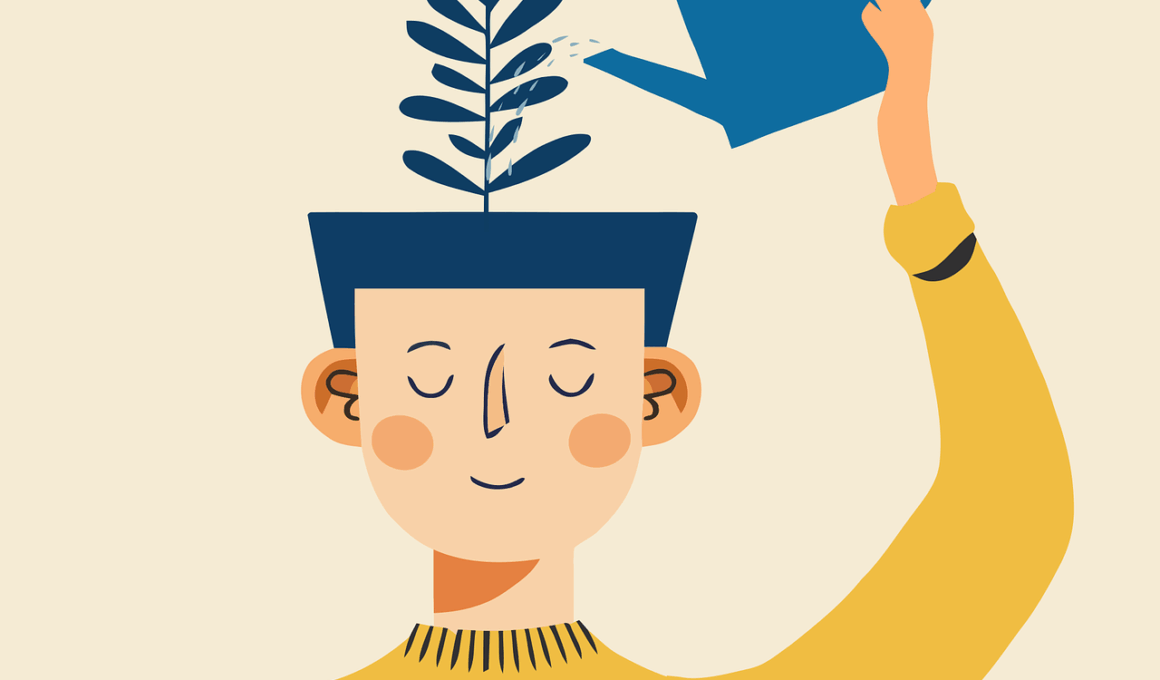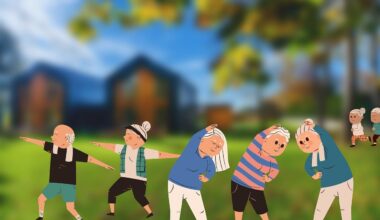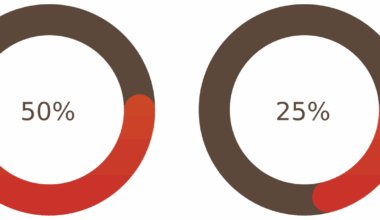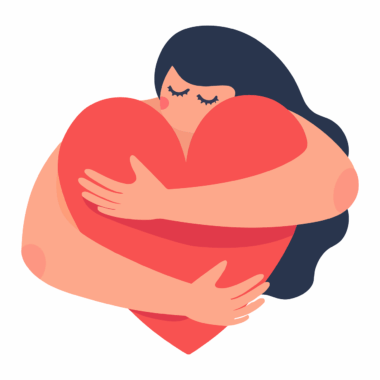Music as a Tool for Mental Health and Self-Care
Music has been an integral part of human culture for centuries, and its impact on mental well-being is profound. People often turn to music during emotional highs and lows. Numerous studies suggest that listening to music can enhance mood, provide comfort during tough times, and reduce stress. The melodies we choose often reflect our emotional state, helping in self-expression and reflection. Instruments and notes can evoke memories or create new ones, offering a therapeutic pathway. Listening to soft, calming music can lower heart rates and even stabilize blood pressure. Creating personalized playlists tailored to specific emotions can further enhance the experience. Through these playlists, individuals can engage in creative self-care activities, channeling their energy into productive outlets. Music serves not only as an escape but also as a tool for connection with oneself. Whether it’s through singing, playing an instrument, or simply listening, music nurtures introspection and understanding of emotions. Thus, harnessing this powerful tool can contribute significantly to self-care strategies aimed at improving mental well-being.
Engaging with music in multiple forms promotes various benefits for mental health. For many, songwriting or composing can be a cathartic experience that encourages emotional release. Writing down one’s feelings and setting them to a melody allows for processing complex emotions. In this way, individuals can articulate thoughts they may struggle to express verbally. Creative expression through music enhances self-awareness and supports personal growth. It also fosters a sense of achievement and boosts self-esteem when creating or performing music. Additionally, participating in group music-related activities cultivates social connections, which are essential for mental health. Sharing music with others can form bonds and create a sense of community. Music therapy, a structured form of this art, provides professional support and enables individuals to explore emotional and psychological issues through sound. Research supports the effectiveness of such programs, showing improved outcomes for those dealing with depression and anxiety. With these strategies, music becomes more than just an art form; it becomes a pathway to healing and well-being. Thus, leveraging music in self-care practices can lead to profound improvements in one’s mental state.
Different Genres for Different Moods
The genre of music selected can significantly influence mood enhancement. For instance, classical music is often associated with relaxation, making it a popular choice for stress relief. Many find that compositions by artists like Mozart or Debussy create a tranquil environment that aids focus and concentration. On the other hand, upbeat genres such as pop or dance music promote liveliness and motivation, encouraging movement or exercise, essential factors in maintaining mental health. Creating playlists that match different activities or emotional needs can harness the positive effects of each genre. For relaxation, try incorporating sounds of nature or ambient tones into your playlists. Conversely, for energizing workouts, select motivational workout songs that instill a sense of excitement. Emo rap or alternative rock can resonate deeply with those feeling heartache or despair, providing solace. It’s essential to understand personal preferences and how certain pieces can affect emotions. Testing different genres equips individuals to navigate their feelings more accurately. This active engagement with music varieties enables a tailored self-care approach that responds directly to emotional landscapes.
Creating music should not be overlooked in self-care strategies, as it offers numerous therapeutic benefits. Many individuals find solace in playing an instrument or singing their favorite songs. Engaging with music-making can stimulate the brain’s reward center, releasing dopamine, a neurotransmitter associated with pleasure and reward. Drumming, for example, acts as a physical expression where individuals can release pent-up frustrations. This release is refreshing and invigorating, leading to reduced levels of anxiety. Singing aloud has also been shown to boost mood, as it encourages deep breathing and relaxation. Moreover, tapping into one’s creativity can cultivate a sense of fulfillment and satisfaction. Setting aside time each week to engage with instruments or voice provides structured self-care that enhances overall mental health. Composing music or improvising can also encourage mindfulness, as individuals immerse themselves in the moment while crafting unique sounds. This aspect of self-care allows for deep exploration of self, emotions, and art. Therefore, both creating and appreciating music can play pivotal roles in a comprehensive mental health strategy.
Connecting with Music Communities
Joining music communities can augment the benefits derived from music, creating a supportive network. Online forums and social media groups allow individuals to share experiences and discover new music. These platforms encourage collaboration, inspiration, and motivation, fostering a sense of belonging. Participating in local music events or workshops helps build relationships while developing musical skills. Engaging with like-minded individuals creates an atmosphere where people can express themselves freely. This role of community cannot be understated; it reinforces the understanding that one is not alone. Forums on platforms like Reddit might connect individuals experiencing similar struggles, opening gateways to understanding. This camaraderie creates an empathy-driven atmosphere. Additionally, jam sessions or community choirs ease social anxiety, as the focus shifts to creativity rather than personal performance. Heartfelt connections formed through shared musical experiences can act as lifelines during challenging times. The encouragement of fellow musicians enhances resilience, offering crucial emotional support. Therefore, being part of these communities not only nurtures one’s love for music but also cultivates essential social bonds tied closely to mental well-being.
Setting intentions and goals with music can refine the self-care process. Individuals are encouraged to select specific tracks to accompany personal development objectives. For instance, integrating music into daily routines enhances focus during meditation or exercise. Creating structured listening sessions promotes discipline and enrichment in self-care practices. Additionally, using music to frame personal milestones can create a powerful emotional resonance with achievement. People often remember songs tied to significant life moments, embedding them in memory. Crafting an ’empowerment’ playlist might include songs that inspire confidence and determination. Reflecting on these tracks when faced with challenges provides motivation and courage. Also, consider engaging with music that resonates with personal values or aspirations. This deeper connection strengthens the intention behind utilizing music for self-care. Discovering ambient sounds for study can cultivate a zone conducive to productivity. Furthermore, sessions designed to relax before sleep promote restorative rest. Intentional listening alongside other self-care methods can lead to significant improvements in mental wellness navigation. Empowering oneself through music cultivates a personalized and effective approach to mental health care.
Conclusion
Ultimately, music stands as a powerful ally in the journey of self-care and mental health. By consciously integrating music into daily routines, individuals can foster emotional healing and resilience. The multifaceted nature of music allows for immense flexibility in self-care strategies, accommodating personal preferences and emotional needs. From relaxation to empowerment, there is a genre or song for every experience and feeling. Engaging with music in a thoughtful manner not only enriches personal moments but also builds community connections that reinforce mental wellness. Whether listening, creating, or sharing, music remains a universal language that resonates deep within us. To maximize benefits, individuals should explore various methods to incorporate music into their lives, allowing it to inhabit every nook and cranny of self-care practices. By doing so, individuals create a nurturing environment for healing and growth, drawing on the emotional depth found within melodies and rhythms. Thus, music emerges not merely as entertainment but as a profound tool for well-being, ultimately acting as a bridge to achieve better mental health in the long run.
In conclusion, the healing potential of music highlights its importance in self-care strategies. Individuals are encouraged to adopt music as a cornerstone of their mental well-being practices. Its ability to evoke emotions, stimulate creativity, and connect people cannot be underestimated. By participating in music in various ways, whether through personal enjoyment, community involvement, or purposeful creation, individuals enrich their lives and bolster their journeys toward mental health. Establishing routines centered around music can significantly alleviate stress, anxiety, and depressive symptoms, cultivating a more profound sense of peace and fulfillment. In combining introspection, expression, and community, music serves as a lifeline. Embracing this art form allows for liberation from emotional turmoil, reinforcing the idea that humans can heal through shared melodies, rhythms, and experiences. So, take that step toward integrating music into self-care practices. The investment will not only benefit personal growth but will also lay the groundwork for a healthier mental landscape. Music stands as a testament to the power of art in human experiences and self-care, inviting everyone on an everlasting journey to mental well-being.





